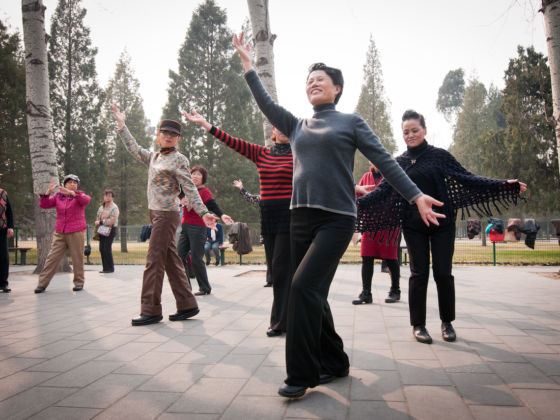1. No shoes in the house.
Outside, the world can be ugly, especially the ground. Gum, dirt, garbage, excrement — unspeakable things are on the streets that we walk on. Why would you invite that into your house? The thought of wearing shoes in the house make Chinese people cringe. Even guests are expected to remove their shoes and don a pair of disposable slippers, which are so cheap at the markets that many Chinese homes have an entire cabinet for their storage.
